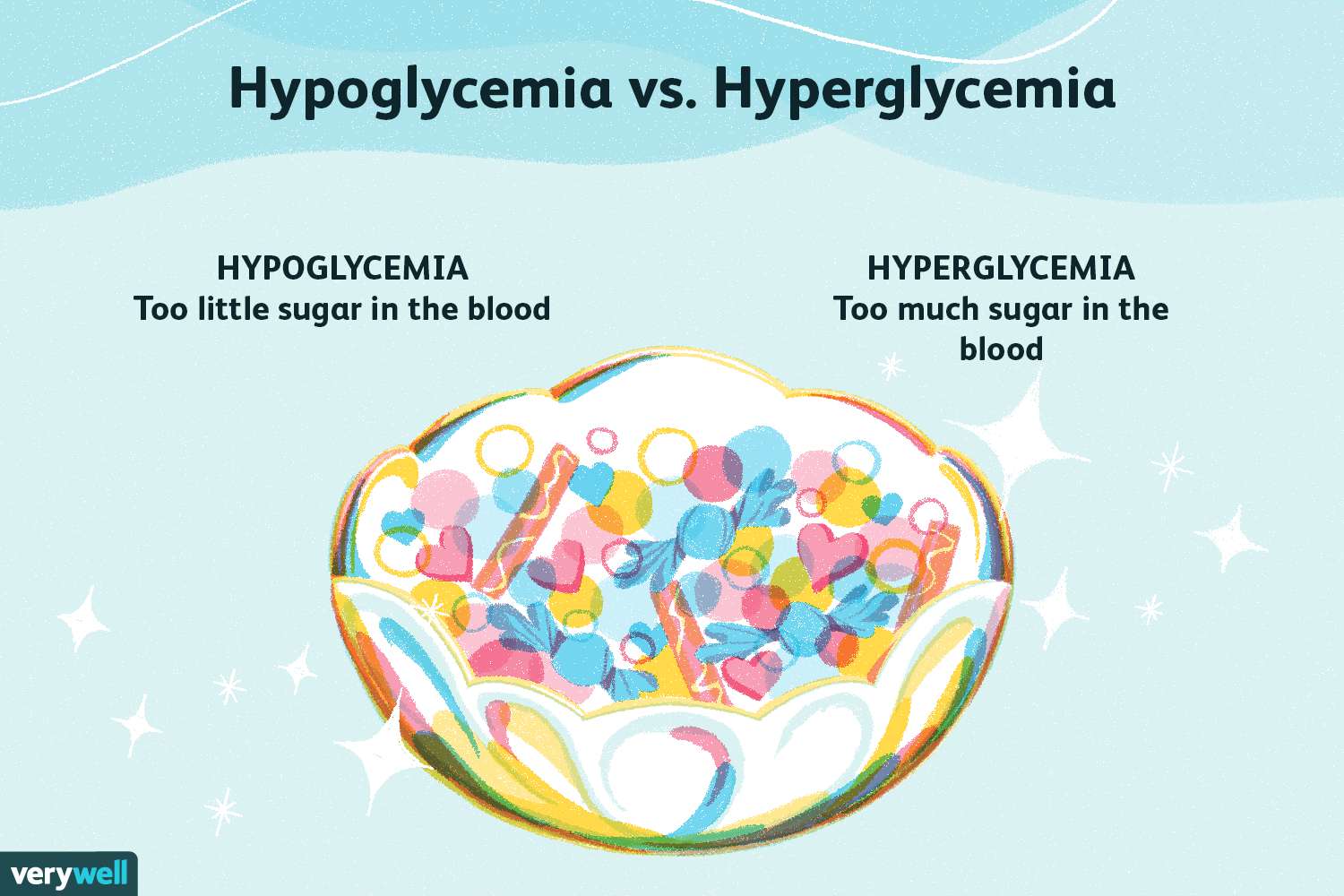The Mystery: Headache After Eating
Welcome to our comprehensive guide on a common discomfort that many people experience: headaches after eating. In this article, we will delve into the various types of post-meal headaches, their symptoms, and the common triggers that might be causing them. Whether you occasionally suffer from this issue or are looking for ways to prevent it, this article will provide you with valuable insights into understanding and managing post-meal headaches.
Types of Post-Meal Headaches
Headaches after eating aren’t one-size-fits-all; they come in various forms. To better grasp the phenomenon, it’s crucial to differentiate between these types. We’ll explore both immediate and delayed post-meal headaches, helping you understand the nuances and specific triggers associated with each. By distinguishing between these headache varieties, you can gain a clearer picture of what might be causing your discomfort.

Symptoms and Triggers
Let’s dive deeper into the world of post-meal headaches by examining their symptoms and common triggers. By recognizing the signs, you’ll be better equipped to identify whether you’re experiencing a post-meal headache. We’ll also explore the various culprits behind these headaches, including specific foods, beverages, and eating habits. Understanding the symptoms and triggers is the first step toward finding relief.
Immediate vs. Delayed Post-Meal Headaches
Post-meal headaches can be categorized into two main types: immediate and delayed. Understanding the difference between these headaches is essential for pinpointing their causes. We’ll explore the characteristics of immediate, quick-onset headaches and compare them to the more subtle, delayed variants. By distinguishing between these types, you’ll gain valuable insights into your post-meal discomfort.
Common Culprits: Foods and Beverages
Many post-meal headaches can be traced back to the foods and beverages we consume. In this section, we’ll uncover the common culprits behind these headaches. From specific ingredients to dietary habits, we’ll delve into the world of food-related headache triggers. By identifying these offenders, you’ll be better equipped to make informed choices and reduce the likelihood of post-meal discomfort.
Medical Conditions and Headaches
While diet plays a significant role in post-meal headaches, underlying medical conditions can also be contributing factors. We’ll explore various health issues, such as migraines, allergies, and digestive disorders, that can lead to post-meal headaches. Understanding the potential medical causes of these headaches is crucial for comprehensive management.
Prevention and Remedies
Preventing and alleviating post-meal headaches is a top priority for those who experience them. In this section, we’ll provide strategies and remedies to help you find relief. From dietary adjustments to lifestyle changes and relaxation techniques, we’ll explore various methods for managing and even preventing post-meal headaches. Empower yourself with practical tips to minimize discomfort.
When to Seek Medical Attention
While most post-meal headaches are manageable, there are situations where seeking medical attention is essential. We’ll outline the warning signs and scenarios that should prompt you to consult a healthcare professional. Your well-being is paramount, and understanding when to seek medical help ensures timely and appropriate care.
Frequently Asked Questions (FAQs)
Q1. What causes headaches after eating?
A1. Headaches after eating can result from various factors, including food triggers, dehydration, and underlying medical conditions.
Q2. How do I identify the type of post-meal headache I’m experiencing?
A2. Differentiating between immediate and delayed post-meal headaches often involves assessing when the headache occurs in relation to mealtime.
Q3. Can certain foods and drinks lead to post-meal headaches?
A3. Yes, specific foods and beverages, such as alcohol, caffeine, MSG, and artificial additives, are known triggers for some individuals.
Q4. Are there any lifestyle changes that can help prevent post-meal headaches?
A4. Yes, maintaining a consistent eating schedule, staying hydrated, and managing stress are lifestyle changes that may reduce the likelihood of these headaches.
Q5. How can I find relief from a post-meal headache?
A5. Relief methods vary, but drinking water, resting in a quiet place, and using over-the-counter pain relievers can be effective for some individuals.
Q6. Can post-meal headaches be a sign of an underlying medical condition?
A6. Yes, post-meal headaches can be associated with conditions like migraines, irritable bowel syndrome (IBS), or food allergies. Consult a healthcare provider if you suspect an underlying issue.
Q7. When should I seek medical attention for a headache after eating?
A7. If your post-meal headaches are severe, frequent, or accompanied by concerning symptoms like vision changes or confusion, consult a doctor promptly.
Q8. Are there dietary strategies to prevent post-meal headaches?
A8. Yes, maintaining a balanced diet, avoiding known trigger foods, and keeping a food diary to identify patterns can be helpful.
Q9. Can dehydration cause post-meal headaches?
A9. Yes, dehydration can lead to headaches, so it’s essential to stay adequately hydrated throughout the day.
Q10. Are there any natural remedies for post-meal headaches?
A10. Some individuals find relief from post-meal headaches by using natural remedies like ginger tea, peppermint oil, or relaxation techniques.
Conclusion:
As we wrap up our exploration of post-meal headaches, let’s recap the key takeaways. We’ve covered the various types of post-meal headaches, their symptoms, and common triggers. You’ve learned about immediate and delayed headaches, identified food and beverage culprits, and explored potential medical causes. We’ve also discussed prevention strategies, remedies, and when it’s time to consult a doctor. Armed with this knowledge, you can proactively manage and, in many cases, prevent post-meal headaches.




